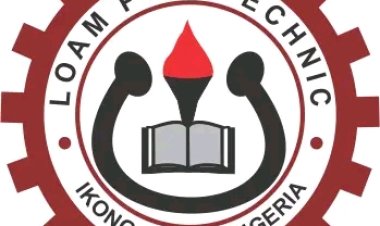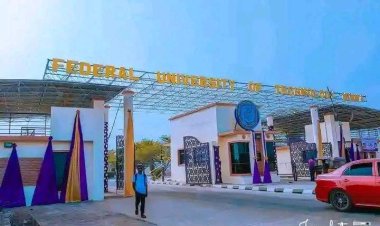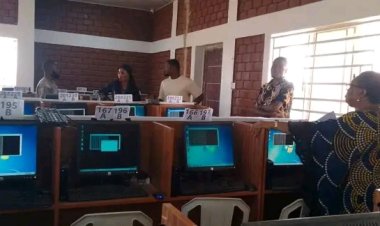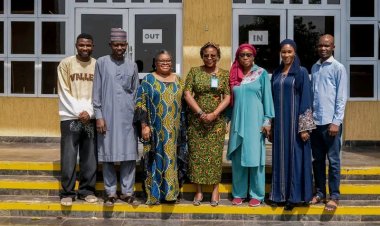FCSC Chairman Criticizes NUC's Licensing Practices, Calls for more Funding for Nigerian Universities
FCSC Chairman Calls for Major Reforms in Nigerian Universities, Criticizes NUC's Licensing Policy
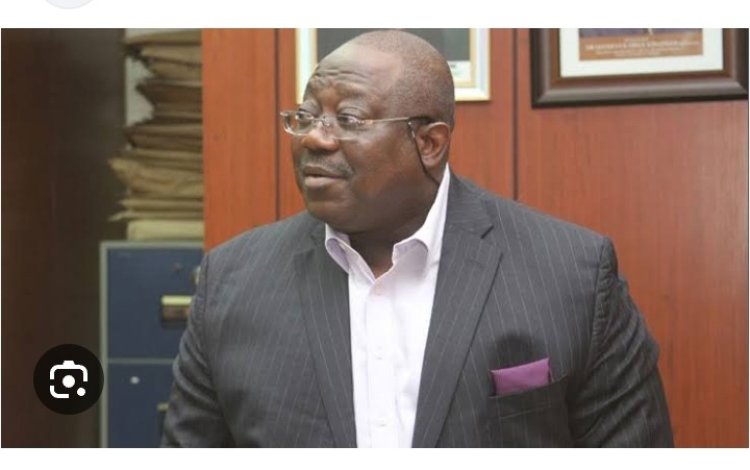
The Chairman of the Federal Civil Service Commission (FCSC), Prof. Tunji Olaopa, has criticized the National Universities Commission’s (NUC) practice of licensing a large number of universities, describing it as “criminal” due to the lack of significant funding for existing institutions. He expressed these views while delivering the 16th convocation lecture at Lead City University, Ibadan.

See more: AfriCred Unveils Groundbreaking Student Loan and Tuition Payment Platform for Africa
Prof. Olaopa lamented the unchecked proliferation of universities in Nigeria, both public and private, attributing it to politicization, a common occurrence in significant matters in Nigeria. He noted that this has resulted in many of these institutions failing to meet the standards and functionality for which they were established. He further pointed out that most private universities are established to service commercial agendas and profit.
In his lecture titled ‘The Renewed Hope Agenda and the Imperative of Repositioning Nigerian Universities,’ Prof. Olaopa criticized the government’s approach to policy-making, which he said lacks the solid intellectual and empirical inputs necessary for action research and policy intelligence. He expressed concern that the research outputs of universities and other tertiary institutions are becoming increasingly sterile, serving as mere formalities.
For you: Abuja Schools in Crisis: Lawmakers Decry Deplorable State of Education and Infrastructure in Nigeria's Capital
He reminisced about the days when government policy decisions were fortified by active town and gown engagements, with intellectuals like the late Dr. Pius Okigbo and Prof. Ojetunji Aboyade deploying sound econometric analysis to aid in formulating Nigeria’s development planning.
Prof. Olaopa also highlighted the adverse effects of incoherent education policies on tertiary institutions and their connection with human capital development. He stated that higher education has been dislodged from its preeminent status as the core space for molding and preparing the best and brightest individuals that would constitute the manpower force Nigeria needs for economic and industrial prominence.
Reconmmeded: OAU Student Murdered for Rituals: Two Suspects Arrested
He concluded by identifying the intractable issue of education financing in Nigeria, lack of full autonomy for public universities, the need for an upgrade of universities’ Governing Council as an employer, and the adversarial model of industrial action that locks ASUU into a degrading and unproductive conflict with university managements and the government as some of the issues affecting education and hindering the development of the country.

 Chukwuebuka Aniakor
Chukwuebuka Aniakor 